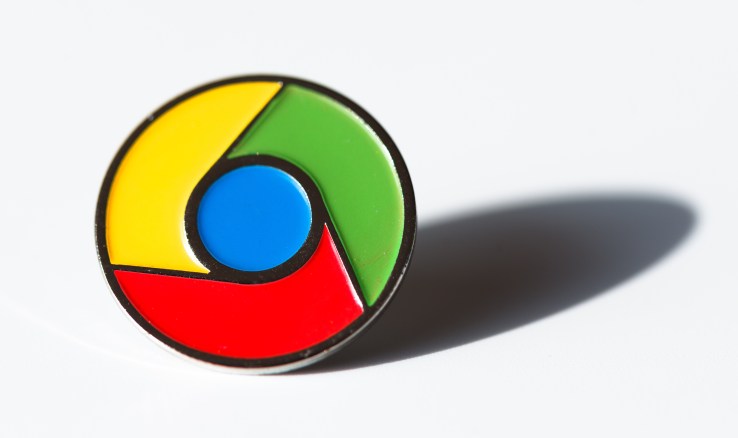
Google is planning to add an ad blocker to Chrome, its web browser, and to possibly turn it on by default for all users. That seems counterintuitive for a company that makes the majority of its revenue (read: all the monies) from advertising, but it could actually be a way to beat blockers by becoming one itself, per a new Wall Street Journal report that first reported the news.
If Google offers its own ad blocker in Chrome, targeting specific types of ads that users find particularly annoying, like pop-overs and autoplaying audio and video, those users might never seek out a third-party ad-blocking extension, the logic goes. The WSJ reports that Google doesn’t love the deals it often has to make with third-party blockers like Adblock Plus, which require payment of fees in some cases to whitelist ads by companies like Google who are willing to pay for the privilege of working around their filters.
Chrome’s widespread uptake by internet users means the browser has almost half of the market when it comes to navigating the web, so putting an ad blocker natively within Chrome and turning it on by default would basically stop cold the growth of third-party options: Users won’t actively seek out a way to block ads during their web-browsing sessions if the ads are already blocked to begin with.
It’s a plan that’s sort of akin to operating for years with very thin margins or at a loss to block out the competition, almost the way Amazon approached e-commerce. Google wouldn’t be aiming to eliminate advertising altogether, but a side-benefit for consumers might be the institution of more user-friendly acceptability standards for ads — if you turn off your ad blocker for a second, you’ll find it’s gotten pretty bad out there.
Of course, the plan offers plenty of potential pitfalls. As an advertiser itself, Google exercising stronger controls over ads will definitely draw criticism from industry peers, and possibly also from antitrust watchdog organizations. The WSJ says this isn’t yet a done deal, but if it does come, it might be announced sometime within the next few weeks (maybe at I/O in mid-May?), so we shouldn’t have to wait long to find out how much this rocks the online advertising industry boat.
Via
Comments
Post a Comment